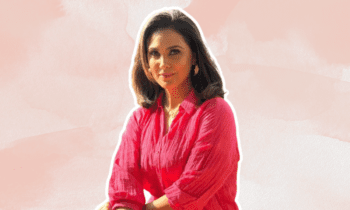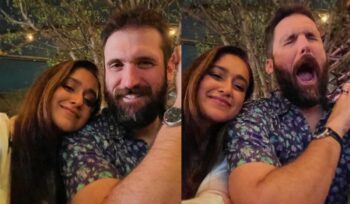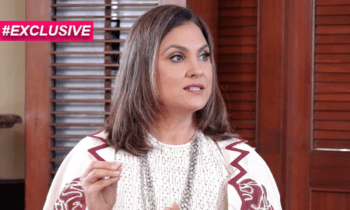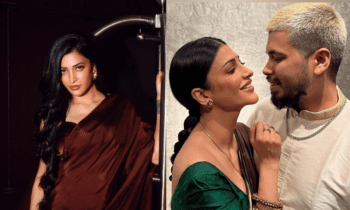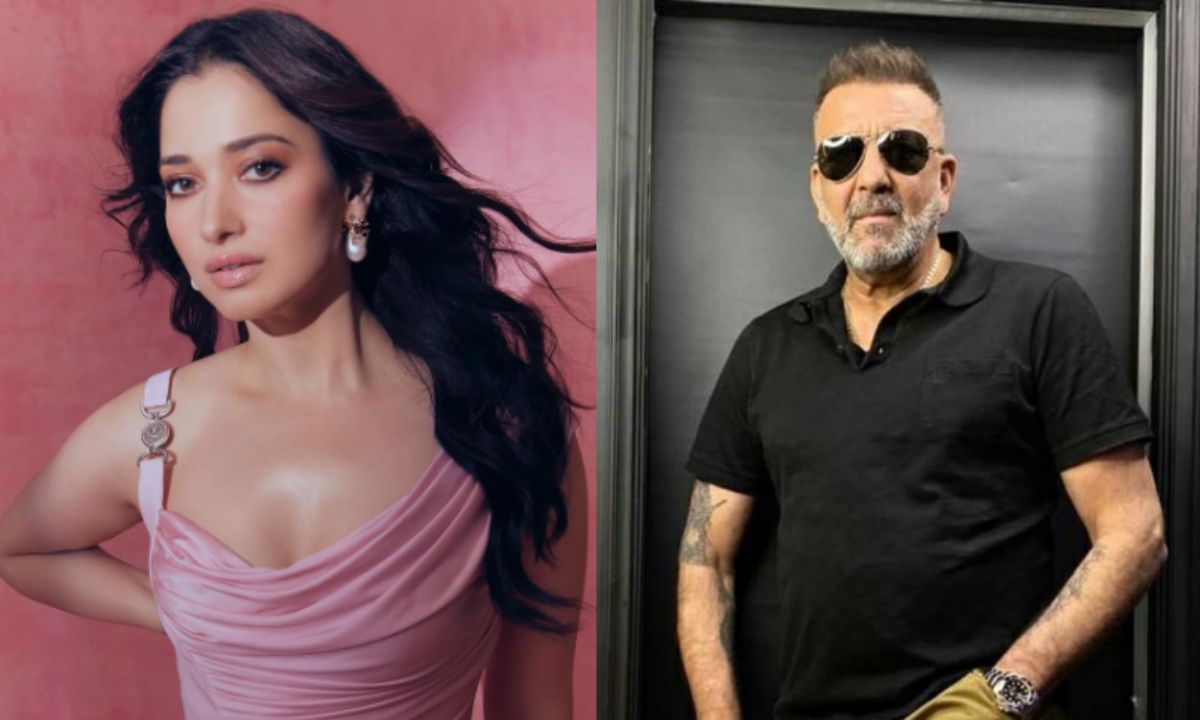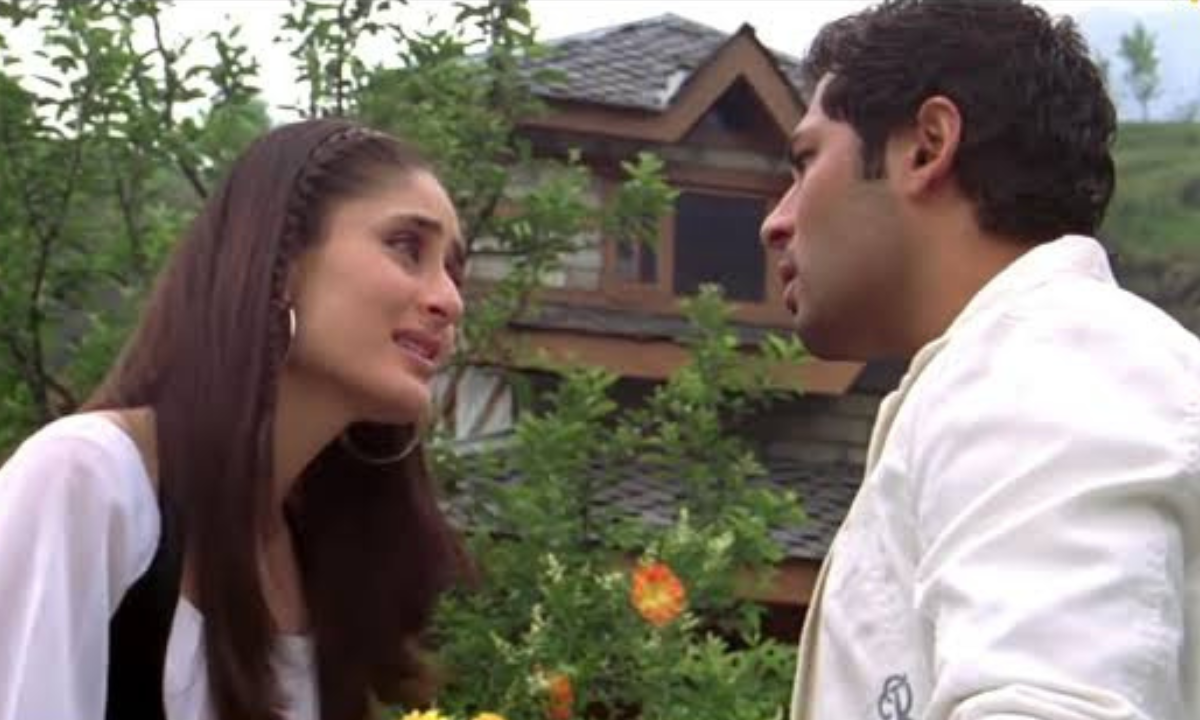Explained: What Is The Same-Sex Marriage PIL In The Supreme Court That Is Being Opposed By The Centre?
They deserve the right to marry too!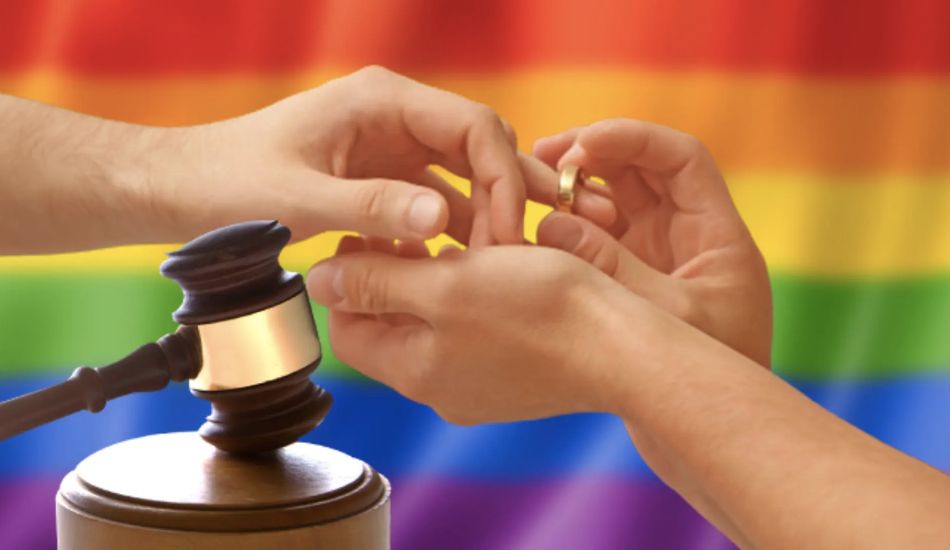
For the past 2 days, same-sex marriage has been a hot topic of debate across India. The reason? A batch of PILs in the Supreme Court of India seeking legalisation of same-sex marriage. While there are several petitioners seeking legal recognition of same-sex marriage, the Union government has been opposing the petitions. A few days ago, the Centre filed an affidavit in the Supreme Court opposing the same and claiming that marriage can only take place between a biological man and a biological woman.
Amidst this heated debate, queer activist Harish Iyer shared a video on LinkedIn highlighting the importance of legalising same-sex marriage as it gives the homosexual community the same rights as heterosexual couples get in marriages. He pointed out that it’s not that homosexual couples aren’t getting married, it’s just that their marriage is not legally recognised and does not make their partner their next of kin which, in turn, does not give them succession rights and leads to legal trouble. He further urged people to support the people from the LGBTQ+ community around them as well as their colleagues.
So, What Did The Supreme Court Say In The Latest Proceedings In The Case?
On Monday, March 13, a 3-judge bench comprising CJI DY Chandrachud and Justices PS Narasimha and JB Pardiwala referred the matter to a 5-judge bench while terming it a “seminal issue”. The hearing in the matter will commence from April 18 onwards.
Kaul: According to us the controversy is narrowed down. We can show that either the statute can be harmoniously construed or in light of Navtej Singh, it has to be recognised. Because your lordships have recognised privacy…#SupremeCourtOfIndia #LGBTQ
— Live Law (@LiveLawIndia) March 13, 2023
Sr Adv KV Vishwanathan: Transgender protection act exists even if centre says we don't recognise such union.
CJI DY Chandrachud: We're not on arguments today but this will help everyone understand.#SupremeCourtOfIndia #LGBTQ
— Live Law (@LiveLawIndia) March 13, 2023
During the hearing on Monday, senior advocates for the petitioners stated that while the judgement passed in the Navtej Singh Johar and others v. Union of India case decriminalised same-sex sexual relations, it still does not give homosexual people the right to love as they do not have the right to marriage which means that their right to love does not come to fruition.
Singhvi: It has to be read in such a way that terms such as man, woman are done away with.#SupremeCourtOfIndia #LGBTQ
— Live Law (@LiveLawIndia) March 13, 2023
Kaul: The words are "a marriage between any two persons may be solemnized…"#SupremeCourtOfIndia #LGBTQ
— Live Law (@LiveLawIndia) March 13, 2023
One of the advocates suggested that the term ‘man’ and ‘woman’ should be replaced with gender-neutral terms in the Special Marriage Act allowing same-sex couples to get married. Further, the advocates stated that Article 19 of the Indian constitution allows every citizen the right to choose a partner which is an extension of the right to freedom of speech and expression and the right to dignity.
CJI DY Chandrachud: So you're saying that Special Marriage Act can be interpreted in a way.#SupremeCourtOfIndia #LGBTQ
— Live Law (@LiveLawIndia) March 13, 2023
CJI DY Chandrachud: We'll appoint nodal counsels.
Petitioners: Ms Katju is nodal counsel.
SG Mehta: Mr Kanu Agarwal is nodal counsel on our side.#SupremeCourtOfIndia #LGBTQ
— Live Law (@LiveLawIndia) March 13, 2023
SG Mehta: So far as right to love, express, freedom of choice is concerned – your lordships have taken care of that in Navtej Singh Johar. Your lordships said that this doesn't mean conferring right of marriage.
Petitioners: That's incorrect.#SupremeCourtOfIndia #LGBTQ
— Live Law (@LiveLawIndia) March 13, 2023
Also Read: United Hindu Front Stages Protest Against SC Hearing Petitions To Legalise Same-Sex Marriage
On the other hand, Solicitor General Tushar Mehta representing the government claimed that the Navtej Johar judgement does give the LGBTQ+ community the right to love but it does not automatically mean that they have the right to marriage. The same was opposed by the petitioner, however the Solicitor General argued against it and stated that legalising same-sex marriage would then lead to same-sex couples asking for other rights like adoption which could lead to problems. Further he stated that the matter has “grave ramifications on the society”.
SG Mehta: Marriage is not just a contract under Hindu law. It is a contract in Mohammedan law. #SupremeCourtOfIndia #LGBTQ
— Live Law (@LiveLawIndia) March 13, 2023
CJI DY Chandrachud: Mr SG, the adopted child of a lesbian or a gay couple need not necessarily be a lesbian or gay.#SupremeCourtOfIndia#LGBTQ
— Live Law (@LiveLawIndia) March 13, 2023
Kaul: The proceedings need to be live streamed. There are people across India interested in this. The Navtej Singh Johar judgement held that such verdicts need to be given as much publicity as possible.#SupremeCourtOfIndia #LGBTQ
— Live Law (@LiveLawIndia) March 13, 2023
The petitioners sought live streaming of the hearing as the Supreme Court deemed the matter of grave importance and referred it to a Constitutional Bench noting that the case involves interplay between legislative enactments as well as constitutional rights.
Guruswamy: The legislative intent of the HMA requires that same sex marriage be recognised as S 5 says that the marriage is to be between two Hindus.
— Live Law (@LiveLawIndia) March 13, 2023
CJI DY Chandrachud: The submissions involve the interplay between constitutional rights and specific legislative enactments including SMA, FMA#SupremeCourtOfIndia #LGBTQIA
— Live Law (@LiveLawIndia) March 13, 2023
CJI DY Chandrachud: Petitions shall be listed for final disposal on 18th April 2023.#SupremeCourtOfIndia #LGBTQIA
— Live Law (@LiveLawIndia) March 13, 2023
What Did The Centre Say Its Submission On March 12?
The Union Government of India has opposed the legal recognition of same-sex marriage in an affidavit submitted to the Supreme Court on Sunday. As per the document, the Centre has reportedly made several homophobic submissions stating that as per the law, marriage can only take place between a biological man and a biological woman. In their submission, the Union Government has claimed that “socially, culturally and legally” the idea and concept of marriage is the union between 2 people of the opposite sex and this concept must not be disturbed or diluted.
Living together of persons in same-sex relationships "cannot be compared to the Indian family concept of a husband, a wife and children born out of the union" , Centre tells #SupremeCourtOfIndia #SameSexMarriage #LGBTQIA pic.twitter.com/zGgXTdb2NY
— Live Law (@LiveLawIndia) March 12, 2023
Also Read: In Rajya Sabha, BJP MP Says Same-Sex Marriage Will Cause Havoc
As per the affidavit, the Centre has claimed that personal laws also recognised marriage between a man and a woman and the court cannot give it another meaning for judicial interpretation as these laws are based on societal practices and customs. The government stated that same-sex marriages are against the concept of Indian families and marriages. Arguing that laws have been made for couples of the opposite sex, the Centre claimed that legalising same-sex marriages would complicate the other laws that provide certain rights to people in heterosexual relationships such as the laws against dowry, domestic violence, adoption and more. The government also submitted that no fundamental rights of same-sex couples are being violated by non-recognition of their marriage as there is a difference between heterosexual and homosexual couples and marriages.
No fundamental rights violated due to not recognising same sex marriages : Centre tells #SupremeCourtOfIndia #SupremeCourt pic.twitter.com/pvK3BhSocU
— Live Law (@LiveLawIndia) March 12, 2023
More About The PIL Seeking Legal Recognition Of Same-Sex Marriage
There have been several pending PIL before the Supreme Court of India seeking the legalisation of same-sex marriage as well as several others in different High Courts across India. These petitions claim that the marriage laws violate the fundamental rights of the people from the LGBTQ+ community and are discriminatory. While hearing the petitions in January, the Supreme Court clubbed all the petitions seeking legal recognition of same-sex marriages and transferred all similar petitions pending in the High Courts in Kerala, Gujarat and Delhi. The Apex court is currently hearing 19 petitions filed by several people including some homosexual couples. These petitions challenge laws around marriage between heterosexual couples and claim that many of these rules and guidelines violate rights given to citizens under Articles 14, 15, 19 and 21 of the Indian Constitution. These petitions further seek legal recognition of same-sex marriages.
Also Read: 8 Countries That Have Legalised Same-Sex Marriage In The Last 5 Year
Here’s to hoping that the Indian Judiciary can serve justice and give the people of the LGBTQ+ community the right to choose their partner and marry them too. Why should heterosexuals have the right to marry and not those from the LGBTQ+ community? Love is after all blind, to caste, class, religion, gender, gender identity and just about everything else!






